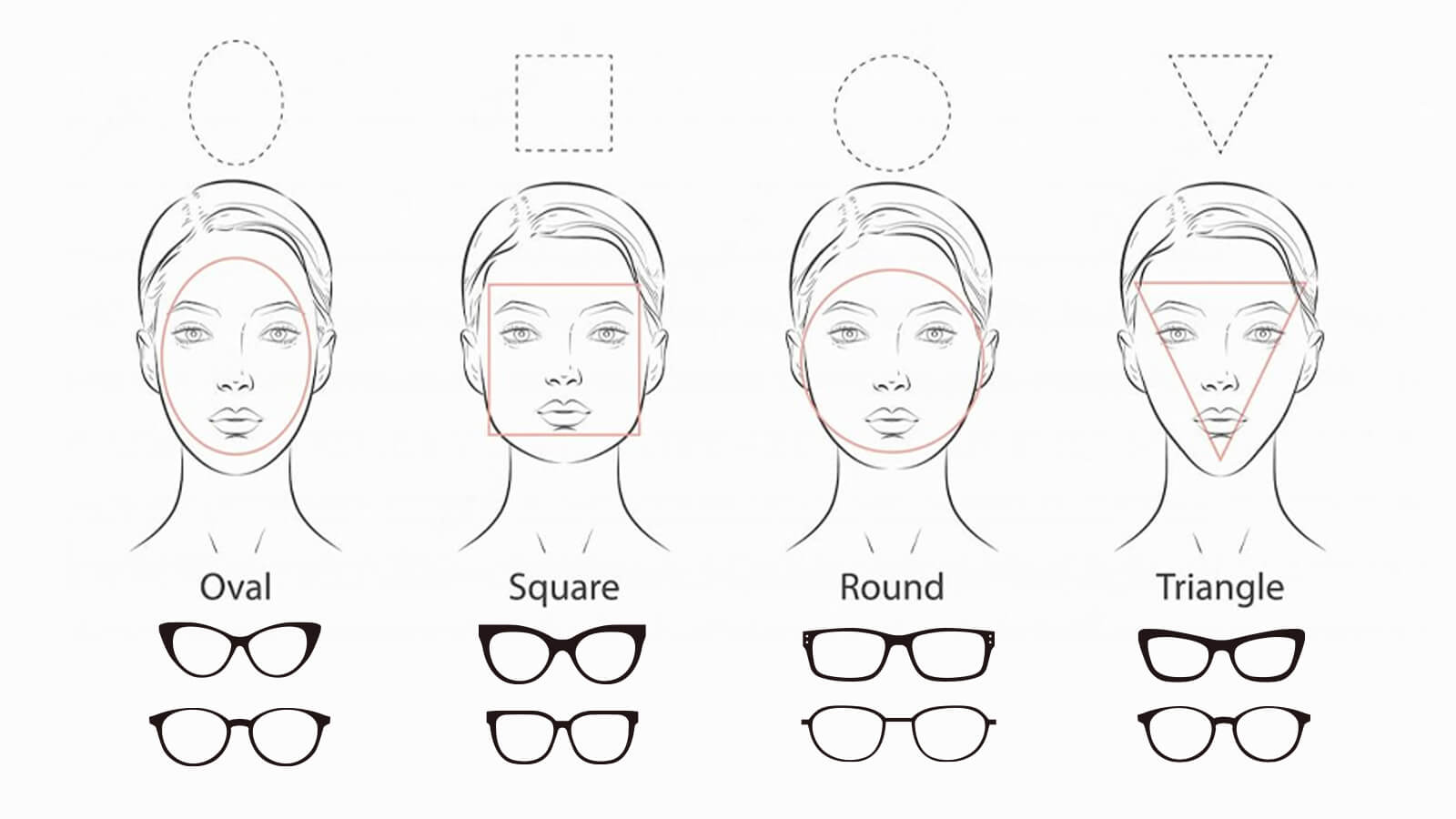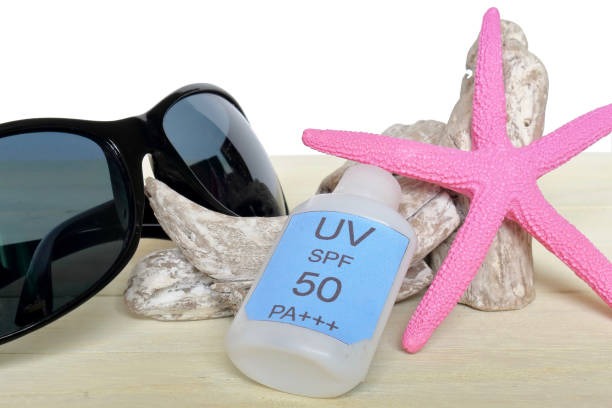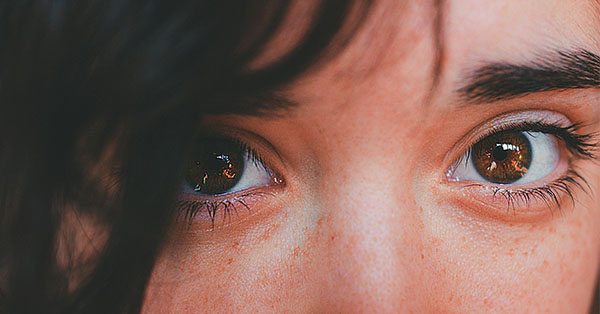
Guide to Picking Glasses That Suit Your Face Shape Perfectly
February 27,2023

What is Boho Style? A Comprehensive Guide to Boho-Chic Fashion
February 13,2025

Virtual Glasses Try On - Find Your Perfect Pair Online
April 02,2024

UV Protection Glasses VS. Blue Light Glasses - Vooglam
July 20,2023

The Ultimate Guide to Modern Trendy Men's Glasses: Top Styles for 2026
March 01,2024

Stylish Reading Glasses: Blending Fashion with Functionality
February 16,2023

Photochromic Lenses 101: How They Work & Why You Need Them
September 22,2023

Brown Eyes: The Beauty of the Most Common Hue
September 01,2024

The chubby face glasses for round face female
August 02,2023

What are prisms in eyeglasses?
March 20,2023

What Are Bifocal Glasses? The Complete Guide (Types, History & Benefits)
April 14,2023

How to Read Your Eyeglass Prescription?
March 11,2023
Driving at Night with Astigmatism: Safety Guide & Solutions
Do you find it somewhat challenging to have clarity when driving at night? Can you see halos around lights, and do you get dazzled by starbursts? If that is so, you might actually be suffering from the problems associated with astigmatism. It is a fairly common complaint many people experience, mainly in night conditions. The question now remains: Is it possible for you to drive at night if you have astigmatism? Yes, you can drive at night if you take the proper strategies and corrections.
The detailed article tells what astigmatism does to driving at night: what you will see and possible practical solutions on the nature of astigmatism glasses for night driving to drive safely during the night.
Disclaimer: This article is not a substitute for a professional diagnosis.
What is Astigmatism?
If the cornea or lens of your eye is a bit irregular or oval-shaped, this condition is known as astigmatism. In such cases, light is unable to focus on a single spot on the retina. Instead, it targets different points. This results in blurry vision. People often report seeing halos or streaks around lights. Symptoms of astigmatism include eye strain, headaches, and fatigue in individuals.

Does Astigmatism Compromise Night Driving?
As "what is astigmatism" has already been discussed above, it should be evident now that astigmatism will impact night driving; we will be discussing "how."
Astigmatism is a constant affliction. However, it appears that symptoms can intensify in the evening and in dim light. The conditions worsen when looking at bright lights on dark backgrounds, such as while driving at night with astigmatism.
Let’s learn about the effect of astigmatism night driving. We will discover what driving at night with astigmatism looks like.
Increased Halos and Glare: Street lights and headlights of oncoming traffic may be seen as having halos (rings) or starbursts (streaks or rays from the light source). This obstructs and distracts from other important visual cues.
Blurred Vision: Distant haze becomes worse during the night and does not allow for early recognition of road signs or timely visibility of pedestrians and other hazards.
Eye Strain: Such image distortions usually are tiring to one's eyes, especially at night.
Driving at Night with Astigmatism
Yes, you can, at least in part. If you can drive at night safely or not, largely depends on a few important things.
1) Mild Astigmatism: Driving at night with astigmatism mildly impairs vision. It also causes moderate strain, but it is not that difficult.
2) Moderate to High Astigmatism: Focus issues in low-light conditions. Reading signs or spotting pedestrians is hard. Drivers face difficulty in keeping in their lanes and also have issues with depth perception.
Whether Your Astigmatism Is Corrected:
1) Uncorrected Astigmatism: Makes driving difficult at night.
2) Corrected Astigmatism: With corrective astigmatism glasses for night driving, or refractive surgery, it is manageable.
Your Comfort Level and Personal Experience:
1) Even after correction, some may still find night vision impaired. If you still don’t feel safe, it is better to limit night driving.
How to Drive Safer at Night with Astigmatism
1. Prioritize Eye Health
Get a Comprehensive Eye Exam: Your doctor can diagnose astigmatism and prescribe the right correction. Keep prescriptions current.
Wear Corrective Eyewear: Astigmatism glasses for night driving or contacts designed for astigmatism reduce distortion. Use full-coverage frames to limit light scatter. Vooglam offers specialized lenses with anti-reflective coatings and various full coverage frames.
Go for AR coatings. AR coatings help reduce glare from headlights. They also increase visual clarity while driving at night.
Keep the lenses clean. Dirty lenses increase glare; therefore, you must clean them regularly.

2. Prepare Your Vehicle
Keep the windshield clean, inside, and out: This prevents glare and improves visibility.
Align Headlights: Misaligned lights affect what you see and what others see.
Clean Mirrors: Ensure clear rear and side views.
Use Night Setting on Rearview Mirror: Reduces glare from cars behind you.
3. Adjust Driving Habits
Drive Slower: Gives more reaction time.
Increase Following Distance: More space allows safer reaction time.
Avoid Looking Directly at Headlights: Look to the right edge of your lane.
Dim Dashboard Lights: Bright dashboards impair your eye’s night adjustment.
Scan Continuously: Helps spot hazards earlier.
Use Peripheral Vision: Glare affects central vision more, so stay alert to side motion.
4. General Safety Tips
Never drive while fatigued: Tiredness adversely influences reaction time and vision.
Take breaks on long journeys: Resting your eyes reduces strain.
Night driving should be restricted if possible: Avoid astigmatism night driving if vision remains poor.
Use drops for your eyes and drink more water: Important for contact lens users or in cases of dry eye.
Conclusion
Astigmatism is very common, and the correct treatment and adjustment enable most individuals to drive at night safely. If you suffer from moderate or serious astigmatism, see an eye professional. Never take chances—err on the side of caution.

Vooglam Blog
Vooglam blog shares professional knowledge about eyeglass frames, lenses, etc., and provides help when purchasing and using eyewear products. At the same time, Vooglam focuses on fashion glasses to interpret the trend of glasses for you.

































